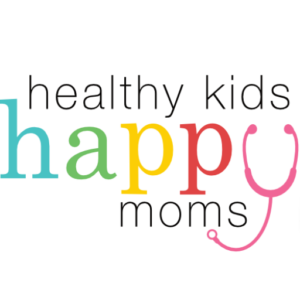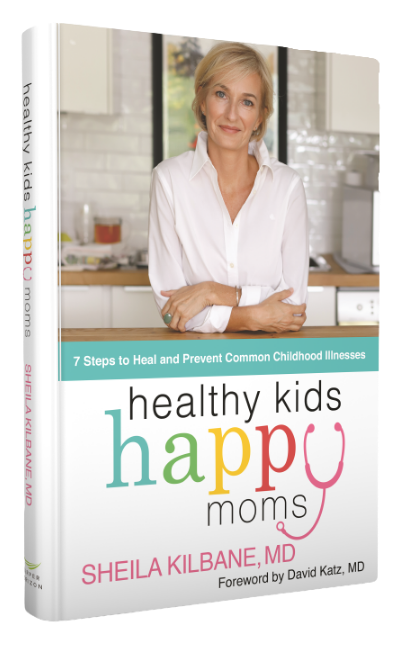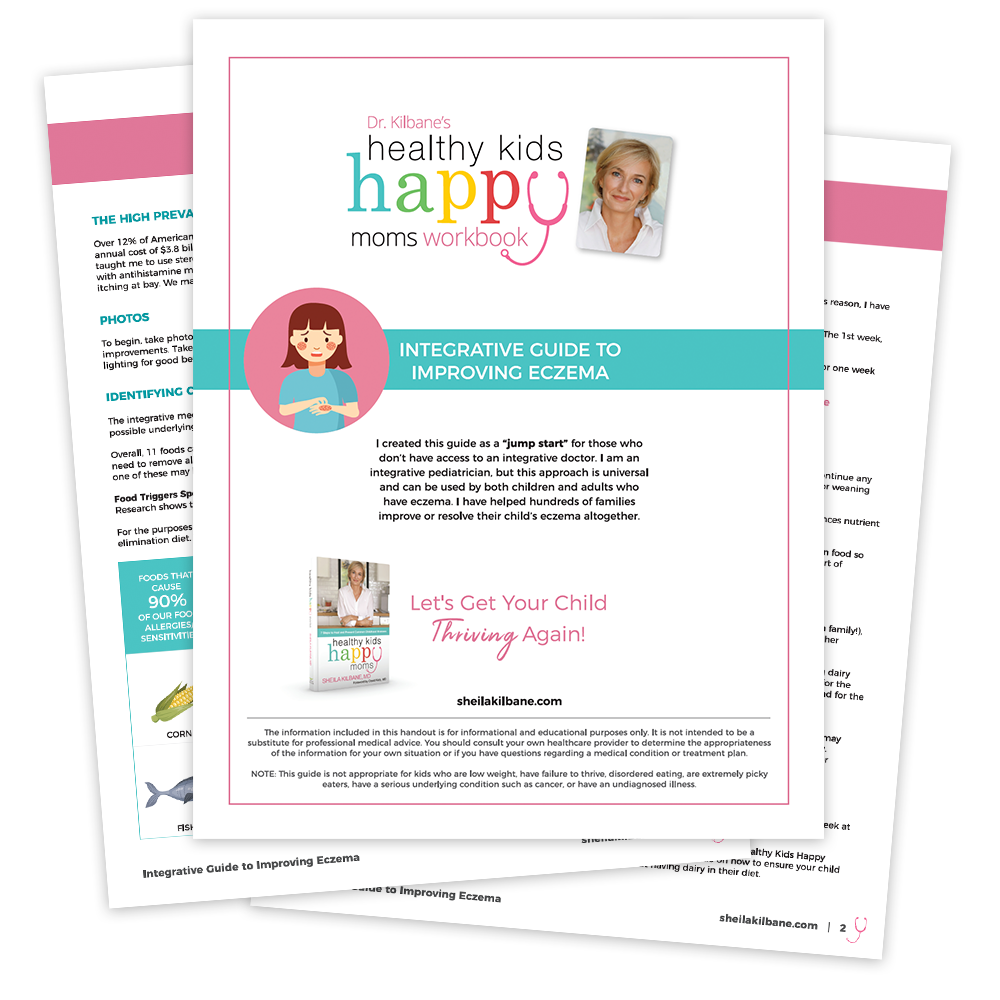Whether it’s time changes from Daylight Savings Time or traveling to different time zones, changes to our sleep routines can wreak some serious havoc on the quality of the sleep we get – especially for the young ones!

Sleep is incredibly important for our overall health. Even while we’re asleep our bodies are hard at work–sleep helps with muscle repair, strengthens the immune system, supports insulin function, and so much more.
There are many reasons to prioritize getting enough ZZZ’s and having a consistent sleep routine.
Instead of reaching for the coffee pot and mindlessly scrolling on your phone, let’s set ourselves up for success by embracing a gentle, holistic approach to getting good sleep, easing the time change transition and supporting a cozy, restful winter.
Here are some tips for a successful sleep routine:
Adjust to Time Changes Gradually
Time changes from a new timezone or daylight savings time are easily some of the hardest changes we have to make to our sleep routine. But, to mitigate this change, we can start by setting bedtime just 10-15 minutes earlier or later each day (depending on if your gaining time or losing time) to help your family adjust gradually. Again, this is particularly important for young children!
Our bodies have an internal clock (aka our circadian rhythm) that’s impacted by the rising and setting of the sun.1
Make a point to get your family plenty of outdoor activity during the daylight hours. The exposure to natural light can help regulate our body’s circadian rhythm, making it easier to adapt to the new schedule.
Bonus points for getting some of that beautiful early morning and evening light watching the sunrise or sunset!
Create a Relaxing Winter Bedtime Routine
Unplug and unwind by powering down screens and dimming the lights about an hour before bed. Limiting our pre-bed screen time helps reduce blue light exposure, which can interfere with melatonin production (the hormone that signals bedtime).
Another great addition to your bedtime routine is a shower or warm Epsom salt bath. This can help relax the body which allows our core temperature to lower afterward, signaling to the brain it’s time for bed.
Bathing before bed also helps wash off any allergens – such as dust, pollen, or dirt – from the day (especially for the kiddos in fall sports!) and helps keep your bedding clean, cozy, and fresh!
Soothing environments promote relaxation and calmness. By dimming the lights, having cozy bedding, and nurturing a quiet atmosphere, we can create an ideal sleep setting… talk about a “dreamy” combination!
Harness the Power of Magnesium for Restful Sleep
We can support our body’s natural ability to relax muscles and produce neurotransmitters we need for deep, restorative sleep (melatonin and GABA). Magnesium is a critical mineral for quality sleep because it is required to synthesize melatonin, which helps us fall asleep, and GABA, which helps us stay asleep.
50% of the US population is deficient in magnesium, and yet magnesium plays such a significant role in relaxation and stress relief.2
If you or your young ones struggle with getting quality sleep, consider adding magnesium to your daily routine. Our HKHM Magnesium (also available in powder form) not only helps to relax muscles, but it also supports the body’s biochemistry which calms the nervous system before bed.

Making a point to include magnesium-rich foods throughout the day, such as leafy greens, seeds, and almonds, is another excellent way to get more of this essential mineral.
Practice Mindful Breathing
Practice deep breathing or gather the family for a quick meditation to calm the mind.
Contrary to popular belief, meditation doesn’t have to be long to be effective–just two to five minutes is often enough to experience the calming benefits of mindfulness.
There are a lot of options for deep breathing exercises. One of my favorites is from my mentor Andrew Weil, the 4-7-8 technique. Simply inhale for 4 seconds, hold the breath for 7 seconds, and exhale for 8 seconds. Repeat this 4 times and you’ll be well prepared for great sleep!
You have just activated your parasympathetic nervous system!
Stay Consistent with Your Sleep Schedule
Yes, even on weekends!
Maintaining a regular sleep schedule everyday helps us effectively regulate that internal clock I mentioned earlier.
By implementing these tips into our sleep routine, we can ease into the time change and set ourselves up with a calm, nourishing space before bed, giving our families the gift of truly restorative sleep.
References:
- Jing Wang, Haibo Di, Natural light exposure and circadian rhythm: a potential therapeutic approach for disorders of consciousness, Sleep, Volume 45, Issue 7, July 2022, zsac094, https://doi.org/10.1093/sleep/zsac094.
- Ismail, A. A. A., et al. “Chronic Magnesium Deficiency and Human Disease; Time for Reappraisal?” QJM: An International Journal of Medicine 111, no. 11 (November 1, 2018):759–63. https://doi.org/10.1093/qjmed/hcx186.








